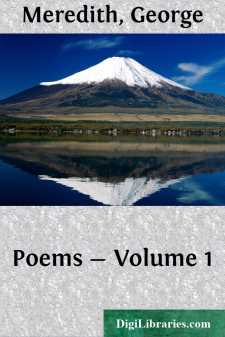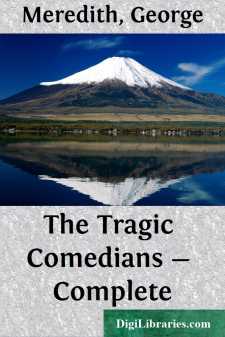Categories
- Antiques & Collectibles 13
- Architecture 36
- Art 48
- Bibles 22
- Biography & Autobiography 815
- Body, Mind & Spirit 144
- Business & Economics 28
- Children's Books 18
- Children's Fiction 14
- Computers 4
- Cooking 94
- Crafts & Hobbies 4
- Drama 346
- Education 58
- Family & Relationships 59
- Fiction 11833
- Games 19
- Gardening 17
- Health & Fitness 34
- History 1378
- House & Home 1
- Humor 147
- Juvenile Fiction 1873
- Juvenile Nonfiction 202
- Language Arts & Disciplines 89
- Law 16
- Literary Collections 686
- Literary Criticism 179
- Mathematics 13
- Medical 41
- Music 40
- Nature 179
- Non-Classifiable 1768
- Performing Arts 7
- Periodicals 1453
- Philosophy 65
- Photography 2
- Poetry 896
- Political Science 203
- Psychology 44
- Reference 154
- Religion 515
- Science 126
- Self-Help 85
- Social Science 82
- Sports & Recreation 34
- Study Aids 3
- Technology & Engineering 59
- Transportation 23
- Travel 463
- True Crime 29
Our website is made possible by displaying online advertisements to our visitors.
Please consider supporting us by disabling your ad blocker.
An Essay on comedy and the uses of the comic spirit
by: George Meredith
Description:
Excerpt
ON THE IDEA OF COMEDY AND OF THE USES OF THE COMIC SPIRIT
Good Comedies are such rare productions, that notwithstanding the wealth of our literature in the Comic element, it would not occupy us long to run over the English list. If they are brought to the test I shall propose, very reputable Comedies will be found unworthy of their station, like the ladies of Arthur’s Court when they were reduced to the ordeal of the mantle.
There are plain reasons why the Comic poet is not a frequent apparition; and why the great Comic poet remains without a fellow. A society of cultivated men and women is required, wherein ideas are current and the perceptions quick, that he may be supplied with matter and an audience. The semi-barbarism of merely giddy communities, and feverish emotional periods, repel him; and also a state of marked social inequality of the sexes; nor can he whose business is to address the mind be understood where there is not a moderate degree of intellectual activity.
Moreover, to touch and kindle the mind through laughter, demands more than sprightliness, a most subtle delicacy. That must be a natal gift in the Comic poet. The substance he deals with will show him a startling exhibition of the dyer’s hand, if he is without it. People are ready to surrender themselves to witty thumps on the back, breast, and sides; all except the head: and it is there that he aims. He must be subtle to penetrate. A corresponding acuteness must exist to welcome him. The necessity for the two conditions will explain how it is that we count him during centuries in the singular number.
‘C’est une étrange entreprise que celle de faire rire les honnêtes gens,’ Molière says; and the difficulty of the undertaking cannot be over-estimated.
Then again, he is beset with foes to right and left, of a character unknown to the tragic and the lyric poet, or even to philosophers.
We have in this world men whom Rabelais would call agelasts; that is to say, non-laughers; men who are in that respect as dead bodies, which if you prick them do not bleed. The old grey boulder-stone that has finished its peregrination from the rock to the valley, is as easily to be set rolling up again as these men laughing. No collision of circumstances in our mortal career strikes a light for them. It is but one step from being agelastic to misogelastic, and the μισοyελως, the laughter-hating, soon learns to dignify his dislike as an objection in morality.
We have another class of men, who are pleased to consider themselves antagonists of the foregoing, and whom we may term hypergelasts; the excessive laughers, ever-laughing, who are as clappers of a bell, that may be rung by a breeze, a grimace; who are so loosely put together that a wink will shake them.
‘. . . C’est n’estimer rien qu’estioner tout le monde,’
and to laugh at everything is to have no appreciation of the Comic of Comedy.
Neither of these distinct divisions of non-laughers and over-laughers would be entertained by reading The Rape of the Lock, or seeing a performance of Le Tartuffe. In relation to the stage, they have taken in our land the form and title of Puritan and Bacchanalian. For though the stage is no longer a public offender, and Shakespeare has been revived on it, to give it nobility, we have not yet entirely raised it above the contention of these two parties. Our speaking on the theme of Comedy will appear almost a libertine proceeding to one, while the other will think that the speaking of it seriously brings us into violent contrast with the subject....












